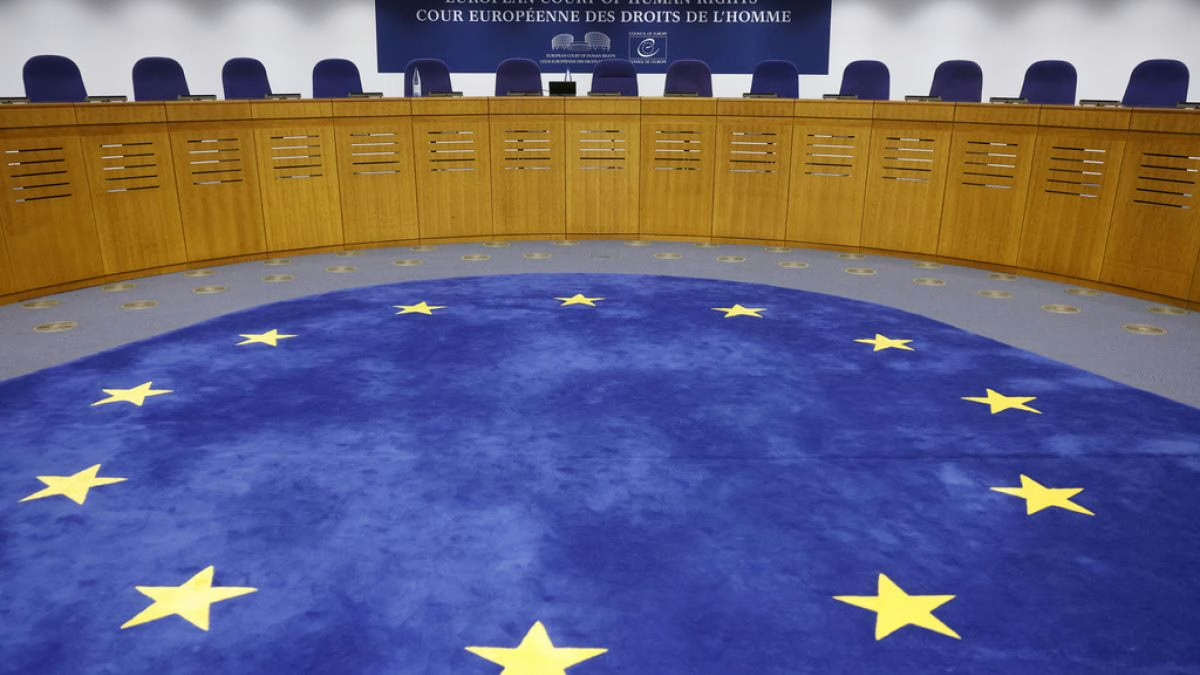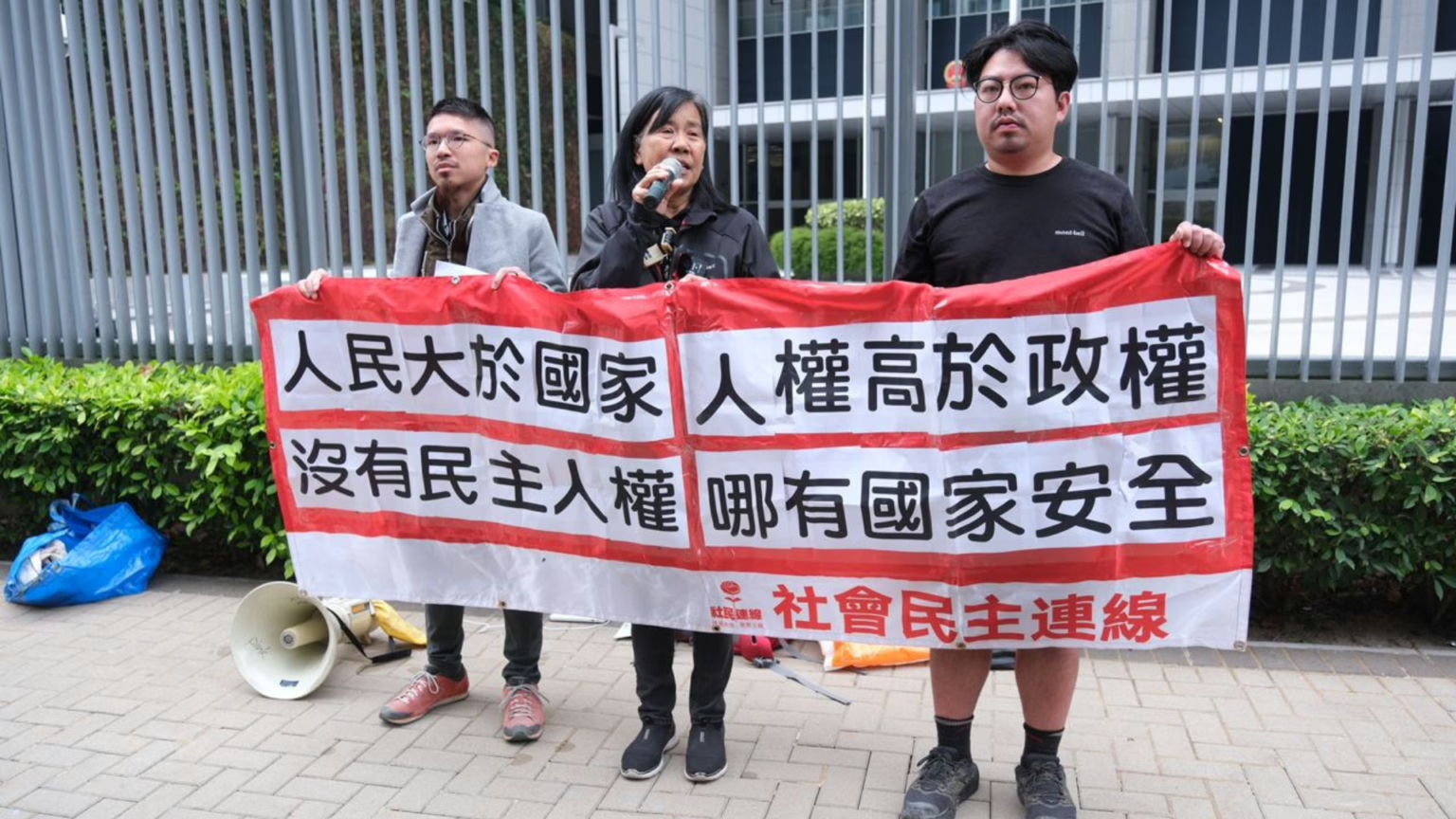The Conservative Party’s push to abandon the European Convention on Human Rights (ECHR) has unleashed a political storm, with new leader Kemi Badenoch forming a review committee to weigh the move. Seen as a bid to lure back Reform UK voters, the plan risks reigniting tensions in Northern Ireland and undermining the UK’s global standing.
Why Are the Tories Eyeing an ECHR Exit?
The ECHR, set up by the Council of Europe in 1950, guarantees rights like free speech and fair trials, embedded in UK law through the Human Rights Act 1998. Tory hardliners, led by ex-Immigration Minister Robert Jenrick, claim it shackles Britain’s border control, notably after the European Court of Human Rights (ECtHR) halted the Rwanda deportation plan. “Ditching the ECHR is essential for our sovereignty,” Jenrick insisted.
The move appears tied to Reform UK’s rise, which nabbed 14% of the vote in 2024, peeling off Tory supporters frustrated with immigration. Polls reveal 49% of 2019 Conservative voters back leaving the ECHR, far above the national 22%. Analyst Emma Blake said, “The Tories are chasing Reform UK’s right-wing base to stem voter losses, but this could alienate moderates and backfire electorally.”
Northern Ireland Peace on the Brink
An ECHR exit threatens to destabilise the fragile peace in Northern Ireland. The Belfast/Good Friday Agreement hinges on the ECHR to protect human rights. Irish Foreign Minister Micheál Martin warned, “This risks dismantling the peace process.” Sinn Féin called it a “provocation” to nationalists.
Historian James Carter noted that Brexit has already strained Northern Ireland’s border dynamics. Leaving the ECHR could fuel divisions, potentially sparking protests or minor clashes. “We’re not facing a return to the Troubles, but the peace framework is under serious pressure,” he cautioned.
Global and Domestic Repercussions
Quitting the ECHR would dent the UK’s international clout. As a Council of Europe membership condition, exit could see Britain join Russia and Belarus as an outcast, weakening ties with the EU, especially in judicial and data-sharing deals. At home, scrapping the Human Rights Act could erode protections against government overreach, hitting migrants and minorities hardest. With 57% of Britons supporting the ECHR, an exit could ignite public protests.
Can a New Law Replace the ECHR?
If the UK leaves the ECHR, the Tories may propose a new human rights law. A 2022 “Bill of Rights” aimed to create a UK-centric framework but collapsed amid party splits. Moderate Tory Sir Bob Neill stressed that any new law must match ECHR standards to preserve Britain’s rule-of-law reputation. Yet, right-wingers push for laws that curb judicial power, risking a watered-down framework that fails to satisfy all sides.
A Political Gamble
Badenoch’s committee, led by Lord Wolfson, will report this autumn, deciding if the Tories take the leap to exit the ECHR. The strategy might win back Reform UK voters in the short term but could cost the UK its global reputation and Northern Ireland’s stability. Analysts suggest the government may instead tweak domestic laws to limit ECHR influence, dodging a full exit to ease tensions. As Britain’s human rights policy and regional peace hang in the balance, the world watches.
Discover more from “Bridging Hongkongers. Reporting Truth.”
Subscribe to get the latest posts sent to your email.




